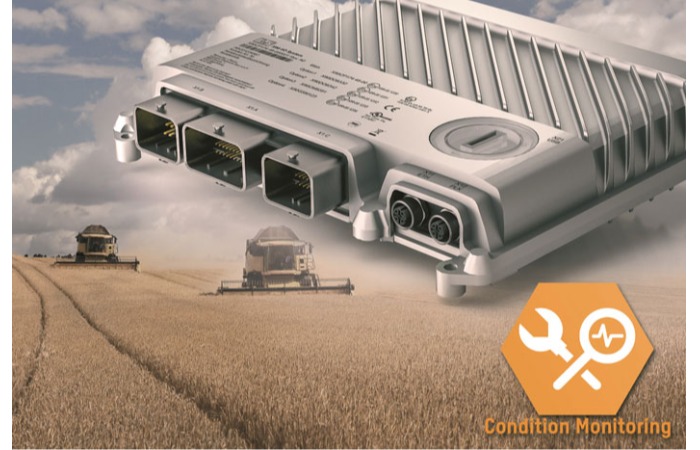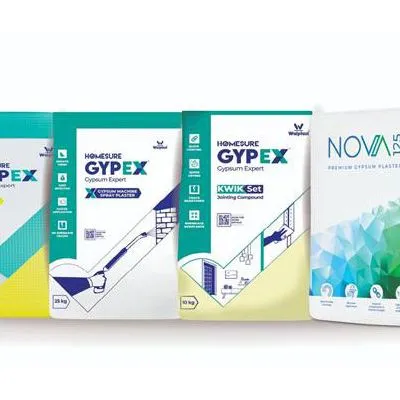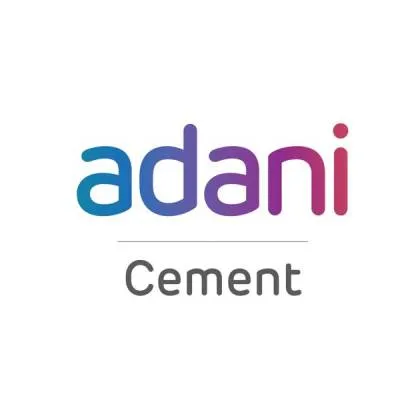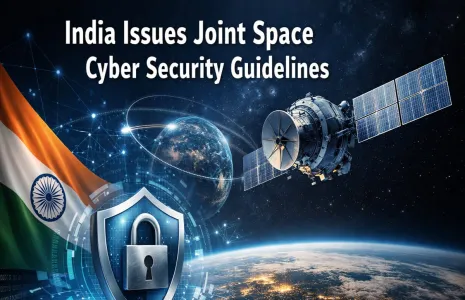Schedule a Call Back
How effective has the Metro Rail Policy been?
2019-04-01
Approved in 2017, the Metro Rail Policy not only makes PPP mandatory but directs states to adopt innovative mechanisms such as value capture financing tools and enable low-cost debt capital by issuing corporate bonds.
While he views the policy as progressive, Dr E Sreedharan, Principal Advisor, Delhi Metro Rail Corporation (DMRC), points out, ?It fails to meet the challenges involved in introducing metros in our cities with a population over 2 million. There will be 35 of them within the next 10 years, for which we have to build metros at the rate of 200 km every year as against the present speed of 25 km per year.? He says the policy does not recognise that metro, being a highly sophisticated rail industry, has to be a central subject, not a state subject. It ring-fences the financial involvement of the Government of India and puts major problems such as raising loans, their payback, sharing of losses, etc, as part of the state?s goals; further, reducing cost and compressing implementation periods are not addressed. ?In the transport sector, whether by road, air or water, basic infrastructure facilities are funded by the Government and operators are required to fund only the vehicles and their operation and maintenance costs,? he adds. ?But in a rail-based transport system, the operator has to fund the entire cost of infrastructure and the cost of vehicles, operation and maintenance.?
The PPP model aims to lessen the burden on the Central Government in funding metro projects. ?This is not the first time the PPP model has been tried in India,? says Nalin Gupta, Managing Director, J Kumar Infraprojects. ?The new policy of the Union Cabinet seeks to enable private investments in metro operations to deal with the financial state of the country.? As metros are capital-intensive, it makes it tough for private players to get their return on investment (RoI)?it can only be generated by increasing fares, which comes with its own share of issues.
For his part, Mohammad Athar, Partner, PricewaterhouseCoopers, lists key highlights of the policy:
It provides for rigorous assessment of new metro proposals and proposes independent third-party assessment by agencies.
Taking a note of the substantial social, economic and environmental gains of metro projects, the policy stipulates a shift from the current acceptance criteria for metro projects by MoUD ?Financial Internal Rate of Return of 8 per cent? to ?Economic Internal Rate of Return of 14 per cent?, which is in line with global practices.
The new policy empowers states to make rules and regulations to enable viability drivers; for example, setting up a permanent Fare Fixation Authority for timely revision of fares.


Subscribe Now
Subscribe to our Newsletter & Stay updated
RECENT POSTS
Popular Tags
Folliow us
Related Stories
Walplast’s GypEx Range Secures GreenPro Certification
Walplast Products has received GreenPro Ecolabel certification from the CII-Green Products and Services Council for six products under its HomeSu...
Adani Cement, NAREDCO Form Strategic Alliance
Adani Cement has entered into a strategic partnership with the National Real Estate Development Council (NAREDCO) to support India’s expanding ...











